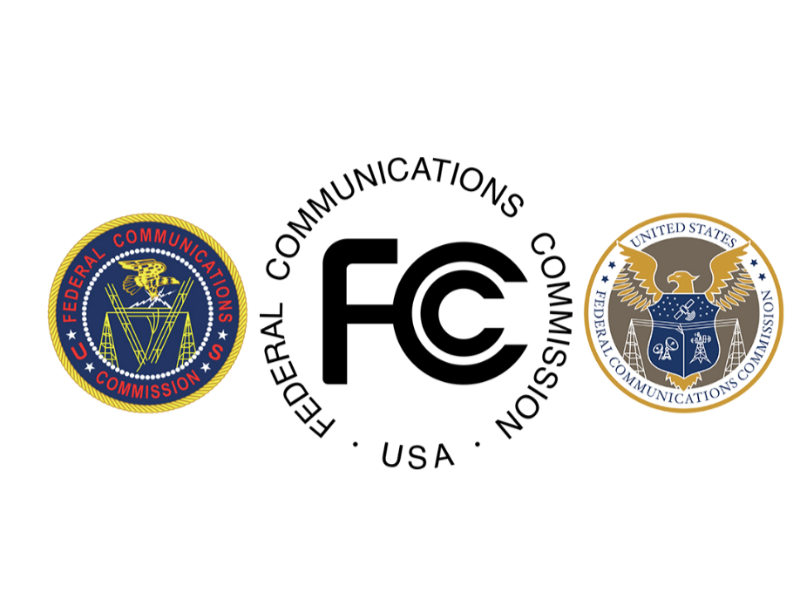- Brendan Carr warns that the DSA may curb free speech and harm U.S. tech firms.
- The European Commission defends the law, stressing its role in protecting fundamental rights.
What happened: FCC chair raises concerns over EU’s digital services act
Brendan Carr, Chairman of the U.S. Federal Communications Commission (FCC), has criticised the European Union’s Digital Services Act (DSA), arguing that it conflicts with America’s free speech principles and could excessively limit freedom of expression. Speaking at the Mobile World Congress (MWC) 2025 in Barcelona, Carr stated that the DSA’s regulatory approach is incompatible with the commitments made by U.S. technology companies to uphold diverse opinions.
Carr’s remarks follow a similar critique from U.S. Vice President JD Vance, who, at an AI summit in Paris last month, called content moderation laws in Europe a form of “authoritarian censorship.” The concerns stem from the DSA’s requirements for tech giants to take greater responsibility for removing illegal content, including hate speech and child sexual abuse material (CSAM).
The European Commission swiftly responded, rejecting the censorship claims. Thomas Regnier, an EU spokesperson, asserted that the DSA is designed to safeguard fundamental rights and ensure a safer digital environment. He referenced Vance’s comments, noting that both the U.S. and EU agree on the importance of online safety.
Carr also revealed that he had requested briefings from major U.S. tech companies, including Apple, Meta, and Alphabet, on how they plan to navigate the DSA while maintaining free speech standards in the U.S. The companies have until Monday to respond.
One potential approach, geofencing, would create separate content platforms for different regions to align with EU compliance rules. However, Carr questioned whether this solution was technically and financially feasible. He further warned that if the EU’s regulations unfairly targeted American technology firms, the Trump administration would act to defend U.S. business interests.
Also Read: FCC investigates Comcast for alleged DEI violation
Also Read: Trump nominates Olivia Trusty for FCC commissioner, securing Republican control
Why it’s important
The Digital Services Act (DSA) underscores a growing divide between U.S. and EU approaches to online speech regulation. While the U.S. prioritises free speech, limiting government control over content, Europe’s DSA enforces stricter oversight, requiring platforms to remove harmful material proactively.
For U.S. tech giants like Apple, Meta, and Alphabet, the DSA presents compliance challenges, forcing them to navigate conflicting regulations. Proposed solutions like geofencing remain uncertain due to potential technical and financial hurdles.
Politically, President Trump has made free speech a key issue, with officials like Brendan Carr opposing EU-style content moderation. Meanwhile, EU policymakers maintain that user protection takes precedence. The FCC’s criticism of the DSA signals rising U.S.-EU tensions over digital regulation.

